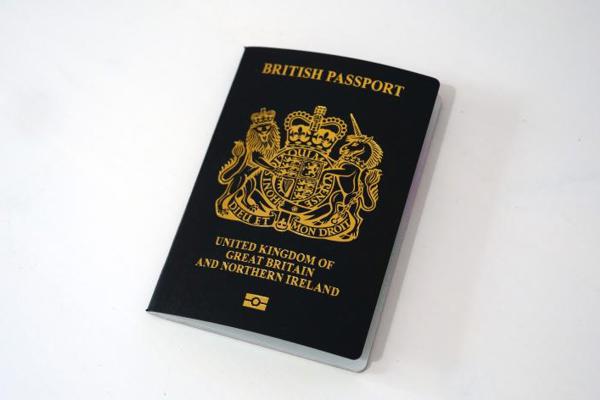However, during the election campaign some further details emerged about the proposed Points Based System for immigration which is intended to replace the current free movement rules for EU nationals and the existing immigration system for immigrants from elsewhere. Whilst this Points Based System has yet to be finalised we have learned that:
1) There are likely to be three main tiers under any new Points Based System:
- The first tier will be for leaders in their field who will be able to come to the UK without a job offer. This is similar to the existing Tier 1 (Exceptional Talent) visa and it remains to be seen if more places will be made available, or if the criteria will be relaxed to encourage a higher number of applicants.
- The second tier will be for skilled workers with a job offer. This sounds like it will be the same as the existing Tier 2 visa category. That means that employers will still need to sponsor workers although it is possible one of the themes of the previous White Paper on immigration, reducing burden on employers, will be carried forward.
- A third tier of temporary visas for so called “unskilled jobs” which need to be filled on a temporary basis.
2) There may be sector specific visa routes. This has been raised in the context of recruiting NHS workers as there is a recognition of the part these workers play in this sector. However, there is likely to be pressure from business leaders to widen this to other sectors that are heavily reliant on workers from overseas, such as the digital technology.
3) Costs of obtaining visas are going to increase. As it stands, a three year work visa costs a minimum of £1,810 when you take into account the visa fee and the Immigration Skills Charge. The Conservative Manifesto included a proposal to increase the Immigration Skills Charge from £400 a year to £625 a year, which would mean the cost of a three year work visa would increase to a minimum £2,495. It is common for businesses to meet this cost for potential employees, so, if you commonly recruit employees from outwith the UK, the cost of recruitment is likely to increase.
4) The Government are still committed to reducing net migration. While this is no longer expressed as a commitment to reduce net migration to under 100,000 a year (the current level is 258,000), there are still likely to be measures to dramatically reduce the number of migrants coming to the UK.
The intention is that any new immigration system will be in place by January 2021, so we will hear more details of the proposals during the course of this year. In the meantime, with Brexit looming, businesses should consider now how to retain current EU national employees, and will be able to continue to recruit as normal until the end of 2020.


